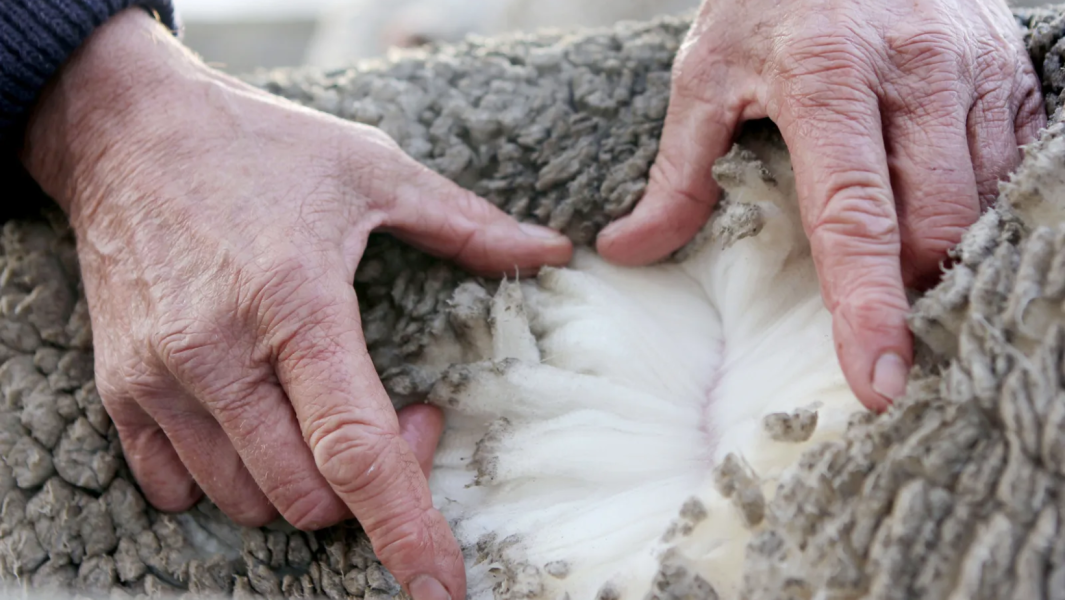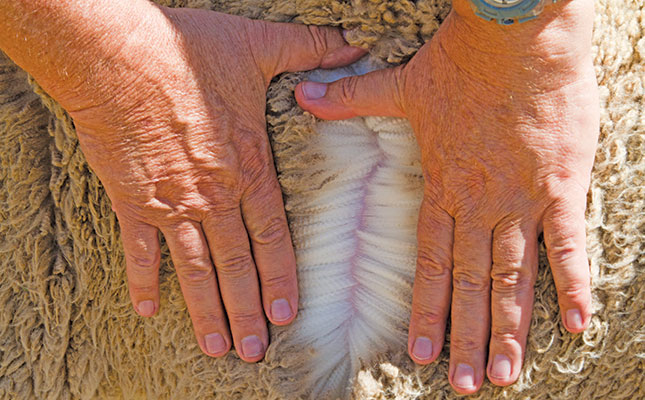Archives
- Home
- News
- Posts
- Farmers Weekly
- Government urged to intervene in SA’s ‘biggest-ever wool crisis’
Government urged to intervene in SA’s ‘biggest-ever wool crisis’
- Farmers Weekly
-
Aug 04
- Share post

The current and unwarranted ban on wool exports from South Africa to China, due to recent foot-and-mouth Disease (FMD) outbreaks in parts of the country, is the biggest challenge the industry has faced during the past two centuries

This was according to Leon de Beer, general manager of the National Wool Growers’ Association (NWGA).
“The ban is truly unnecessary and is based on China’s misconception about the extent of the FMD outbreak in the country. In my opinion, the Chinese authorities have overreacted and are under the impression that the entire country is affected by the disease.
“All export facilities in South Africa have been registered with Chinese authorities to ensure proper monitoring and accurate certification,” he said.
De Beer explained that the ban was nonsensical given the fact that South Africa had protocols in place to regulate the storage of wool after shearing, as stipulated by the terrestrial code of the World Organisation of Animal Health.
According to the code, the wool had to be stored at specific minimum temperatures for specified time periods.
“These measures were negotiated with Chinese authorities during the 2019 outbreak, to limit the disruption to trade in circumstances such as the current one. The terrestrial code prescribes that wool must be held at 4˚C for four months, at 19˚C for four weeks, or for 37˚C for eight days.”
This process was managed by Cape Wools SA and wool had to be certified as fit for exporting by a state veterinarian before leaving the premises, he told Farmer’s Weekly.
In a joint statement, Agri SA and the NWGA called on government to urgently intervene in order to secure local producers’ access to the Chinese market.
According to the statement, failure to act would have devastating consequences for the industry’s workers, and small-scale producers in particular.
The value of the South Africa wool clip was approximately R5 billion per annum. Since the ban was announced in April, the local wool industry was estimated to have lost about R734 million in wool exports to China.
The ban also threatened the livelihoods of the industry’s 35 000 workers, as well as 4 500 seasonal sheep shearers and wool handlers.
“We are concerned about the emerging and communal wool producing sector in particular, as most of these [producers’] clips are destined for exporting to China.
More than 40 000 small-scale producers market close to six million kilograms of wool annually, valued at an estimated R300 million.
“These producers and surrounding communities would fall back into poverty should the Chinese market remain closed for wool imports from South Africa,” Christo van der Rheede, executive director of Agri SA, said in the statement.




